☎︎:206-349-8088 (US)/ +86 137-1366-2448 (CN)
✉︎:seanliu005@gmail.com / seanliu005@163.com
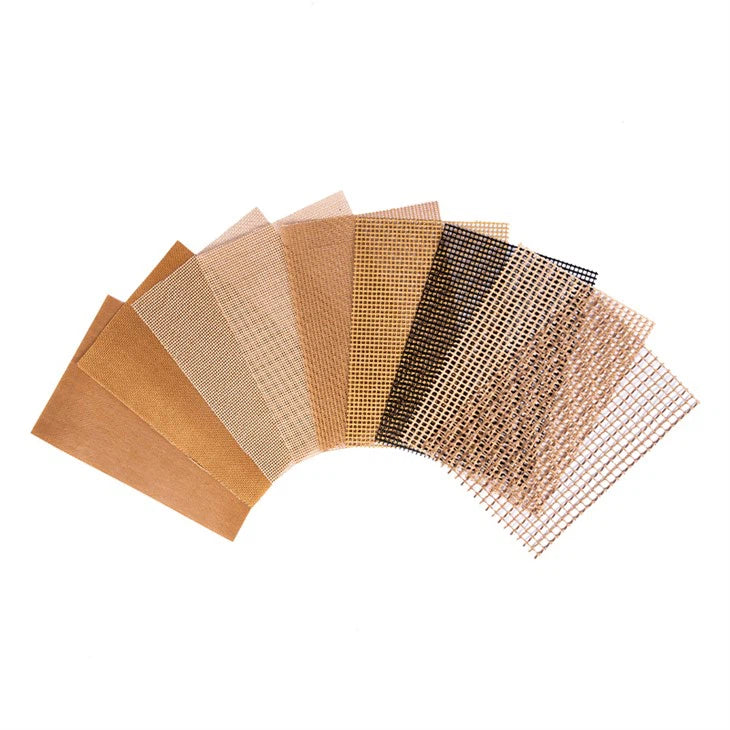





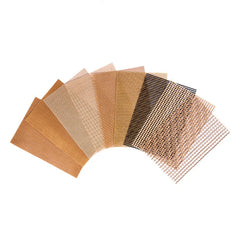
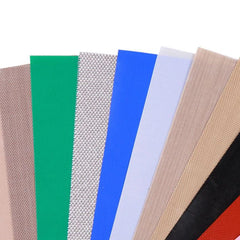
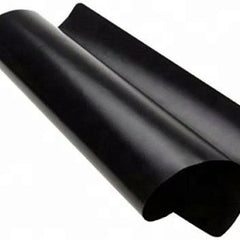
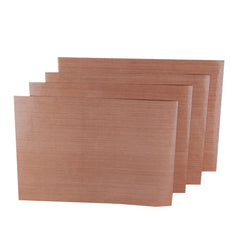


PTFE Coated Fabric
Couldn't load pickup availability
Description
Electrical insulation refers to the ability of a material to resist the flow of electric current, preventing the occurrence of electrical conduction and potential risks.
While Teflon coated fabric is primarily known for its water resistance properties, it can also exhibit good electrical insulation characteristics when properly engineered or treated.
Application
1. Dielectric strength:
Teflon, the material used in the coating, has inherently high dielectric strength, meaning it can withstand high voltages without breaking down. When properly applied and cured, the Teflon coating can provide an additional layer of insulation to the underlying fabric.
2. Insulation coatings:
Teflon coated fabric can be utilized as an insulating material in applications where electrical insulation is required. For example, it may be used in electrical insulation tapes, gaskets, or sleeves to protect wires and cables from electrical current or to provide a barrier between conductive elements.
3. Heat resistance:
Teflon-coated fabrics usually have excellent heat resistance properties. This can be beneficial in electrical applications as heat resistance is closely associated with good electrical insulation. Teflon coatings can maintain their electrical insulation properties even at elevated temperatures.
4. Testing and standards:
When requiring Teflon coated fabric for electrical insulation purposes, it is essential to ensure that the material meets relevant electrical insulation standards and regulations. These standards typically define specific tests and criteria for determining electrical insulation performance.
5. Coating quality and consistency:
To ensure reliable electrical insulation, consistency and quality control in the application of the Teflon coating are critical. Proper thickness and uniformity of the coating play an important role in providing effective electrical insulation.
It is important to consult with manufacturers or suppliers specializing in Teflon coated fabrics for electrical insulation applications. They can provide specific information about the insulating properties, certifications, and suitability of their products for your intended use.
Please note that electrical insulation requirements may vary depending on the specific application and industry standards. It is crucial to adhere to relevant standards and consult with experts for practical guidance.
| Technical Data | |||
| Finished model | 907R07 | ||
| Item | Standard | Test method | |
| Base Coat | PTFE | / | |
| Color | Brown | Visual | |
| Grey weight(g/m2) | 48±2 | GB/T 9914.3 | |
| Gram weight of finished product (g/m2) | 70±5 | GB/T 9914.3 | |
| Finished thickness(mm) | 0.07±0.02 | GB/T 7689.1 | |
| Air permeability(m3/m2*min) | >100 | GB/T 5453 | |
| Tear Strength(N) | Warp | >20 | G/BT 25042-2010 附录B |
| Weft | >20 | ||
| Tensile Strength(N/5cm) | Warp | >400 | GB/T 7689.5 |
| Weft | >300 | ||
| Warp/Weft Density (root/in) | Warp | 60±2 | GB/T 7689.2 |
| Weft | 48±2 | ||
| Temperature resistance | -70∽260℃ | / | |
- Choosing a selection results in a full page refresh.
